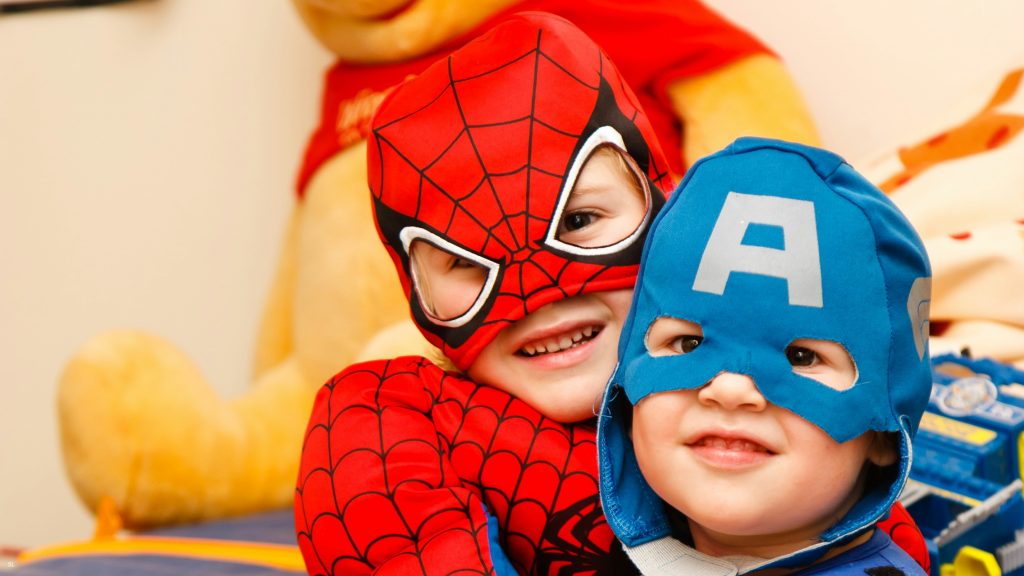Discovering that your child is a gestalt language processor (GLP) can feel both overwhelming and exciting. While it may mean adjusting your communication and learning strategies, it also opens a world of possibilities for your child’s unique learning journey.
Understanding Gestalt Language Processing
Gestalt language processing is a learning style where children acquire language in larger chunks or “wholes” rather than piece by piece. They often memorize entire phrases or sentences before understanding individual words. This can lead to some unique communication patterns:
- Delayed Speech: GLP children may start speaking later than their peers, but when they do, they often use whole phrases or sentences.
- Echolalia: Repeating phrases or sentences they’ve heard is common. This helps them process language and build their vocabulary.
- Difficulty with Grammar: While they may use complex phrases, understanding and applying grammatical rules can be challenging.
- Strong Memory: GLP children often have exceptional memories and can recall information in great detail.
What to Do Next
- Embrace Your Child’s Unique Style: Celebrate their strengths and understand that their language development is simply following a different path.
- Seek Professional Guidance: A speech-language pathologist (SLP) experienced with gestalt language processing can provide valuable support and guidance.
- Adapt Your Communication:
- Use clear, concise language with natural pauses.
- Repeat key phrases and provide visual cues to support understanding.
- Expand on their language by adding words and details to their phrases.
- Be patient and allow them time to process information.
- Foster a Language-Rich Environment:
- Read aloud frequently, focusing on books with repetitive phrases and rhymes.
- Sing songs and engage in playful language games.
- Narrate your daily activities and routines.
- Encourage pretend play and storytelling.
Parent Training
Parent training is crucial for supporting your child’s language development. It empowers you with the knowledge and tools to effectively communicate and interact with your GLP child. Training programs may cover:
- Understanding gestalt language processing in-depth.
- Strategies for adapting communication and language learning activities.
- Techniques for encouraging spontaneous language and reducing echolalia.
- Building confidence and celebrating your child’s progress.
- Here is a training we recommend for parents to learn more ways to support their children at home: https://naturalcommunication.com/products/natural-communication-course-for-parents?pr_prod_strat=e5_desc&pr_rec_id=7a09ada30&pr_rec_pid=7327744393389&pr_ref_pid=7304344371373&pr_seq=uniform
Remember:
- Every Child is Unique: Even within the realm of GLP, each child learns and communicates differently. Pay attention to your child’s individual needs and preferences.
- Patience is Key: Language development takes time. Celebrate small victories and focus on progress, not perfection.
- You are Your Child’s Best Advocate: Educate yourself, connect with other parents, and never hesitate to ask for help.
With understanding, patience, and the right support, you can empower your gestalt language processor to thrive and reach their full potential.
